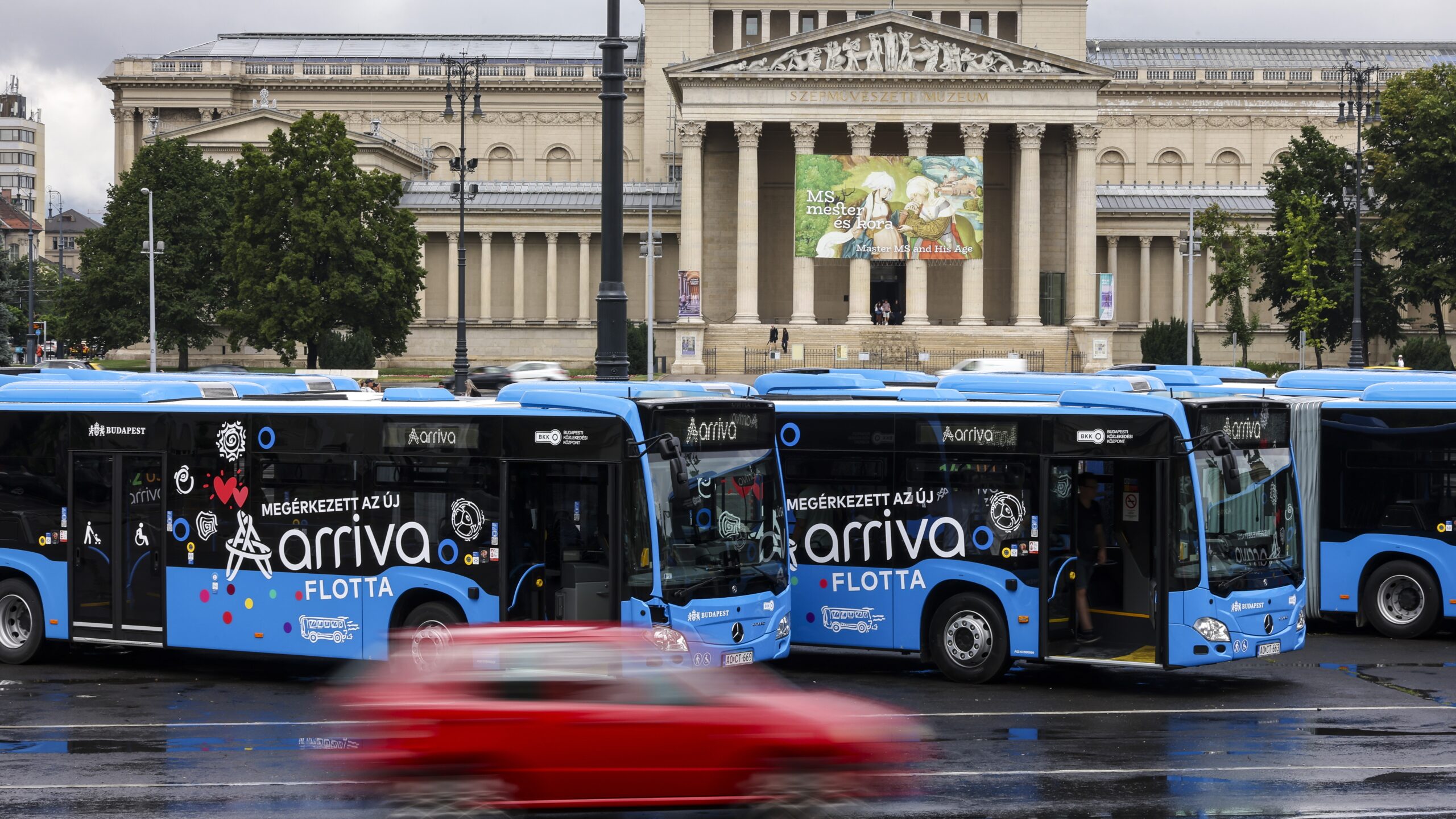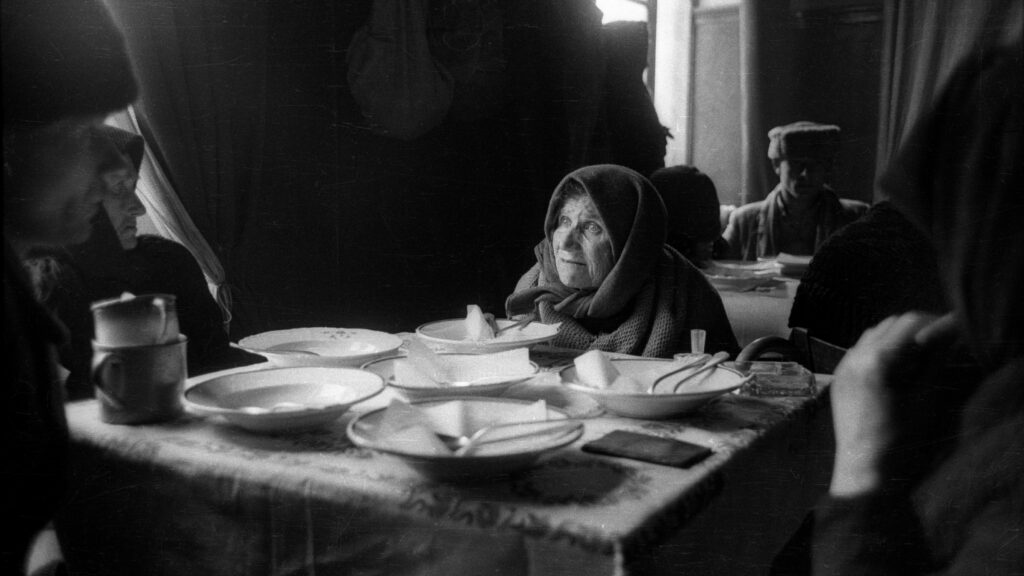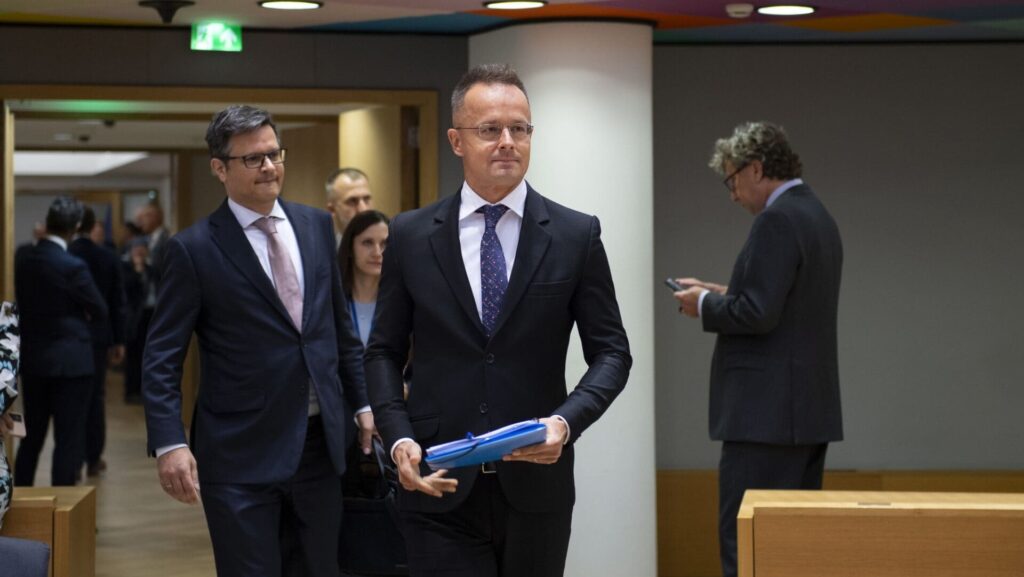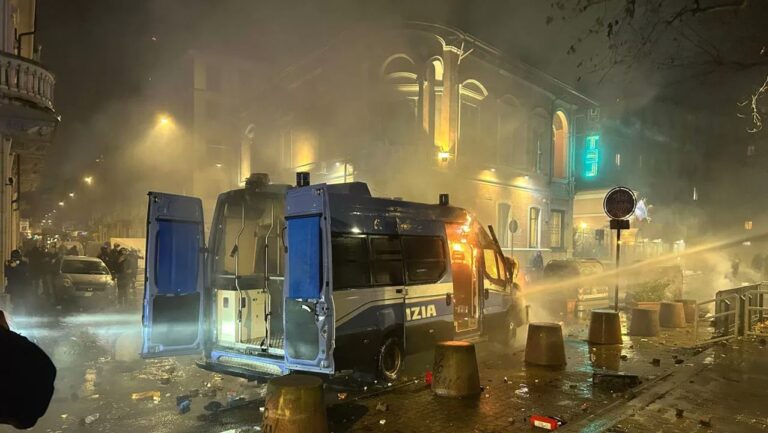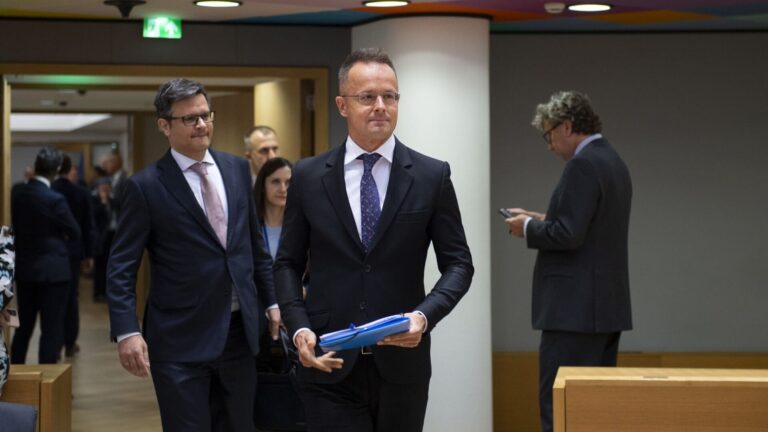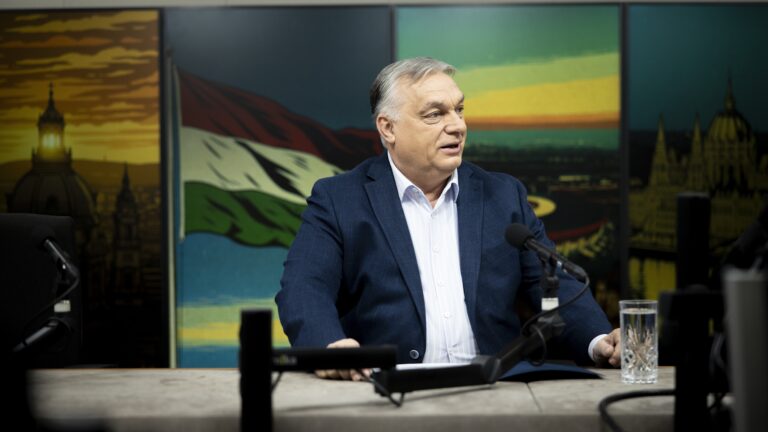Budapest’s public transport system entered a new phase of modernization on Thursday as the first of over 300 new buses began operating in the capital. According to the Budapest Transport Centre (BKK), the newly deployed Mercedes Citaro articulated diesel buses are now in service on key routes such as 8E and 133E, linking downtown Budapest with districts like Újpalota and several western neighbourhoods, including Budafok and Gazdagrét.
The new fleet features low-floor access, air conditioning, onboard cameras, and advanced passenger information systems. Operated by ArrivaBus Ltd, the first 25 buses represent the initial stage of a wider vehicle renewal project set to continue through 2027.
‘This marks the start of a new era for Budapest’s public transport system,’ said Mayor Gergely Karácsony. He noted that the initiative not only improves service quality but also contributes to better air quality in the capital. With the full fleet in place, nearly 90 per cent of Budapest’s buses will meet the modern EURO 5 or higher emissions standards, potentially cutting local harmful emissions by around 8,000 tons annually.
In addition to over 200 environmentally friendlier diesel vehicles, the city plans to introduce fully electric buses as part of its long-term goals. By 2027, 70 new electric buses—50 standard and 20 articulated are expected to enter service under ArrivaBus ownership.
Ádám Bodor, Deputy CEO for Mobility at BKK, emphasized that the rollout will happen in phases. By spring 2026, new buses will appear on major inner-city and mid-Buda routes, with extended service reaching outer districts such as Csepel, Soroksár, and Pesterzsébet.
Some test models of the electric buses could arrive as early as this year, with trial operations potentially beginning in real traffic.
Related articles:

